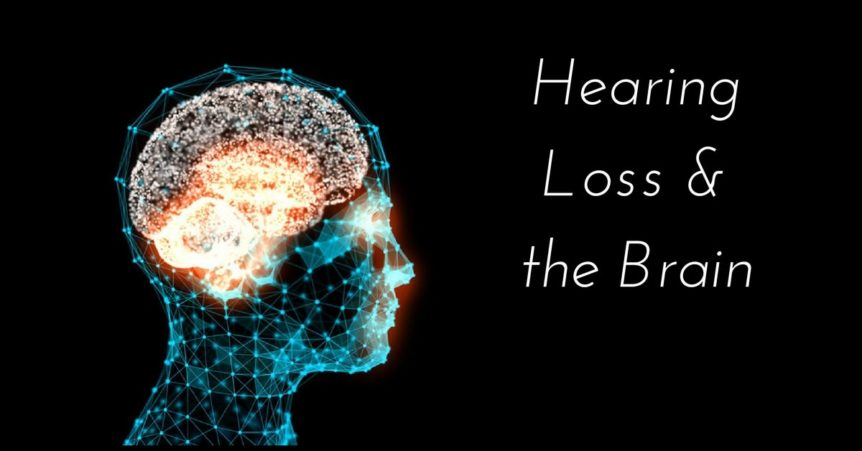Your sense of hearing occurs in the brain, through a sophisticated system of vibrations and translations, with the final step occurring in your inner ear before electronic signals are sent via your auditory nerve to the brain to be registered as sound. With untreated hearing loss, these processes could break down and over the long term, you may experience negative consequences with your cognitive abilities.
Here, we review studies around hearing loss and the brain, and we discuss how seeking treatment could significantly benefit your brain.
Understanding the Auditory Process
While it is a popular belief that hearing loss affects the ears, the reality is that it occurs in the brain. Here’s how the auditory process works: our outer ears pick up sound in our environment. These sound waves move through the middle ear, where the ear drum turns them into a series of vibrations. These vibrations then move through to the middle ear, where they “move” millions of tiny, inner ear hair cells. This movement in the inner ear hair cells causes them to send electronic signals to the auditory nerve, which is then processed by the brain as sounds we know and recognize.
Believe it or not, this process is the fastest of the senses we have – even faster than sight. You may wonder how that is possible, because light does move faster than sound. The reality is, when it comes to our processing abilities as humans, we process sound faster than we do sight. For this reason, we rely on our hearing in ways we often do not even recognize, in ways we take for granted.
Hearing – The Invisible Sense
Hearing is a sense that is always on, even if we don’t notice it. The only times we really notice our hearing is when something uncomfortable happens – an ambulance going by, our alarm clock in the morning, a neighbor’s music turned on way too loud. Only then do we plug our ears or pull the pillow over our head while hitting the snooze button.
For the rest of the time, our sense of hearing almost functions as a background system – always on, taking in information about the world around us, and informing our movements and decisions in a split second. When we hear a car honk, we instinctively jump out the way, for example.
However, just because we don’t always pay attention to it, that doesn’t mean it’s not on and working. When we begin to experience changes in our hearing abilities, we may not notice immediately either. Unfortunately, because hearing loss tends to develop gradually over a long period of time, it is left untreated and undiagnosed for an average of seven years.
The Effects of Untreated Hearing Loss
Untreated hearing loss could lead to a number of issues – medical, social, and emotional in nature – which all relate to our brain and our cognitive abilities.
Studies from Johns Hopkins have found that people with untreated hearing loss are at higher risk for developing dementia. Coupled with the social isolation that often accompanies untreated hearing loss, the stain placed on your cognitive abilities with untreated hearing loss could cause serious issues. Your brain will re-allocate resources used for other functions to trying to make sense of muddled sound. This strain will cause your brain to tire out, leaving it susceptible to dementia.
With difficulties in communication, untreated hearing loss could cause rifts in all of your relationships if left untreated. On the job, you may find it difficult to follow conversations with your team. Your colleagues may become frustrated with your performance. With your friends and family, untreated hearing loss could also lead to problems due to a breakdown in communication. In these relationships, of varying levels, people expect to feel heard and furthermore, it becomes frustrating when people constantly have to repeat themselves.
Because of these stressors, people with untreated hearing loss tend to retreat and avoid social interaction. In the long term, this could lead to a breakdown of relationships and lead to social isolation. Coincidentally, social isolation is a leading cause for dementia.
Seek Treatment for Your Hearing Loss
There’s no reason to live with untreated hearing loss. If you’ve noticed signs of hearing loss in your life, contact us at Neighborhood Hearing Aid Center. Our team provides comprehensive hearing tests and hearing aid fittings. Support your brain function and a healthy lifestyle by treating your hearing loss today.

